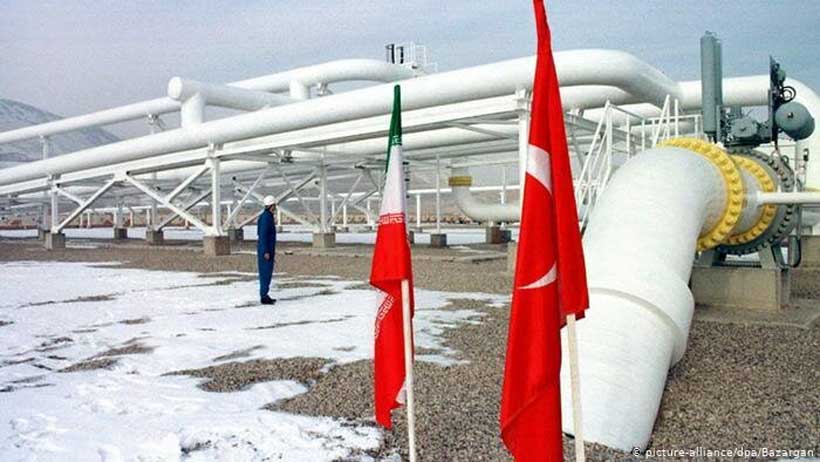By accelerating renewable energy, the country can meet its energy needs, reduce dependence on fossil fuels, move away from coal and create new industrial opportunities, the new IRENA report confirms.
According to a new report by the International Renewable Energy Agency (IRENA), releasing unused renewable energy capacity in Indonesia to meet growing demand is cheaper than relying on domestic and imported fossil fuels.
Indonesia's Energy Transition Vision IRENA and the Indonesian Ministry of Energy and Mineral Resources provide a comprehensive, renewable-based, long-term energy roadmap for Indonesia's transition to a cleaner and more sustainable energy system.
"The energy transition is very important for Indonesia and we are committed to reducing greenhouse gas emissions and we are committed to achieving Net Zero Emissions (NZE) by 2060 or earlier," said Arifin Tasrif, Indonesia's Minister of Energy and Mineral Resources. Indonesian
The outlook shows that Indonesia's share of renewable energy could reach two-thirds of the total energy mix by 2050, up from 14 percent today.
With the country's population expected to reach 335 million in the next three decades, electricity demand is projected to increase at least five times from its current level to 1,700 terawatt hours (TWh). To meet growing demand, the report recommends increasing key renewable energy sources such as solar, bioenergy, geothermal and green hydrogen.
Indonesia's growing energy demand provides the country with an opportunity to tap into the enormous potential of renewable energy and continue to pursue equitable, sustainable and low-carbon economic growth, said IRENA Director General Francesco La Camera. "Our view is that if the government implements the measures recommended in the Outlook and secures the international support it needs, Indonesia can move to net zero emissions at a lower cost than other alternatives."
He added, “Indonesia, which is rich in abundant renewable energy sources, is uniquely placed to build a sustainable energy system based on renewable energy to ensure socio-economic development, combat climate change, and ensure security.
This report explores the electrification of Indonesia's end-user sector, which will see a radical transformation in the energy sector with more than 1,000 GW of renewable capacity by 2050, with 85% or more of the generation share being renewable.
The report estimates an investment opportunity of $332 billion in energy transition technologies and $80 billion in grid infrastructure by 2030. In the long term, a significant increase in energy investment is required, with a total investment of up to $2.42 trillion. 2050 needs across energy systems, from generation to enabling efficiency infrastructure.
Despite this significant investment, the scenario presented in the report is cheaper than the alternatives, resulting in between $400 billion and $600 billion in energy costs by 2050 and additional savings of up to $600 billion. including external costs. Less air pollution.
https://infogram.com/new-figure-1h7j4dvgwjgl94n
Increasing regional cooperation with ASEAN member countries is the key to the transition not only in Indonesia, but also in Southeast Asia. National and regional integration in ASEAN has many benefits through integrated energy supply planning and reduced supply of energy and non-energy services to achieve a low-cost energy system for all.
To accelerate Indonesia's energy transition, Irena advocates for clean energy at the national level, prioritizes renewable energy investment, develops the country's energy policy in support of long-term energy plans that can create economic growth and employment based on renewable energy. Regional development regulations and energy policies.
Read all the latest reports from Asia:
Read the full press release.



